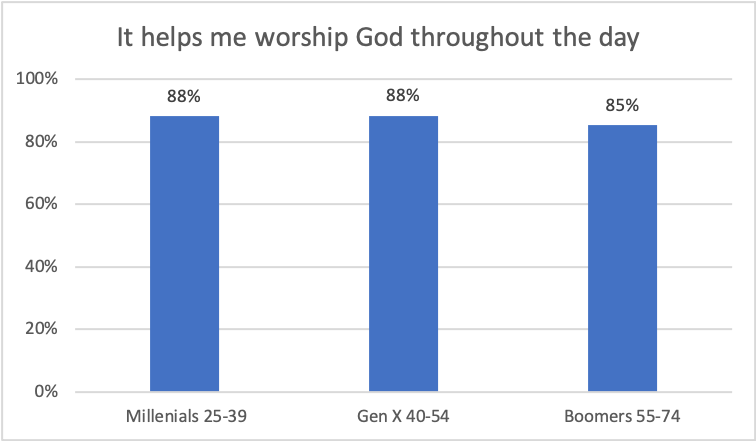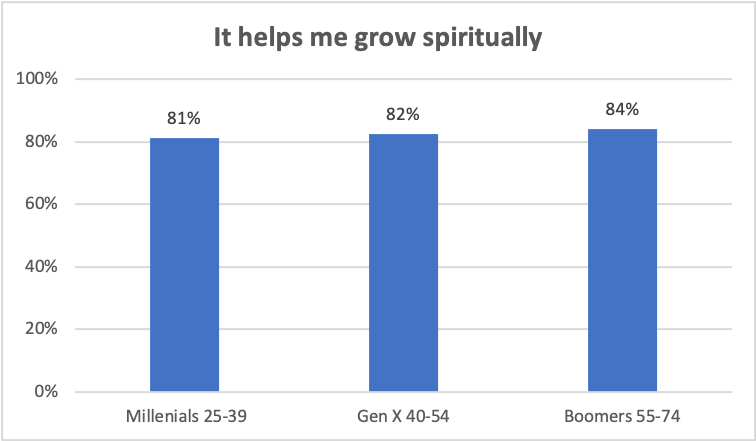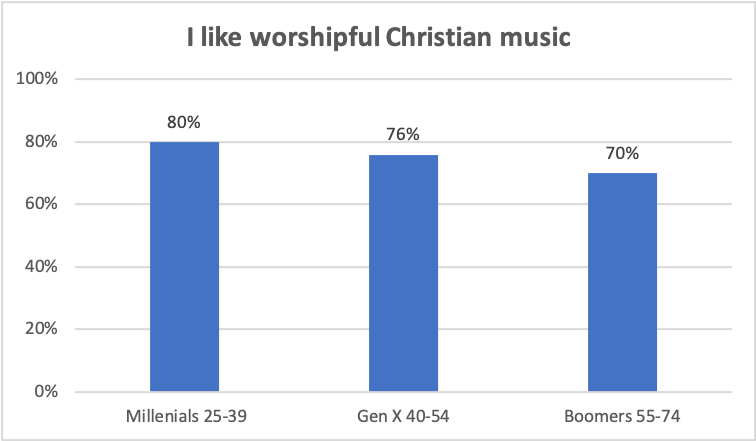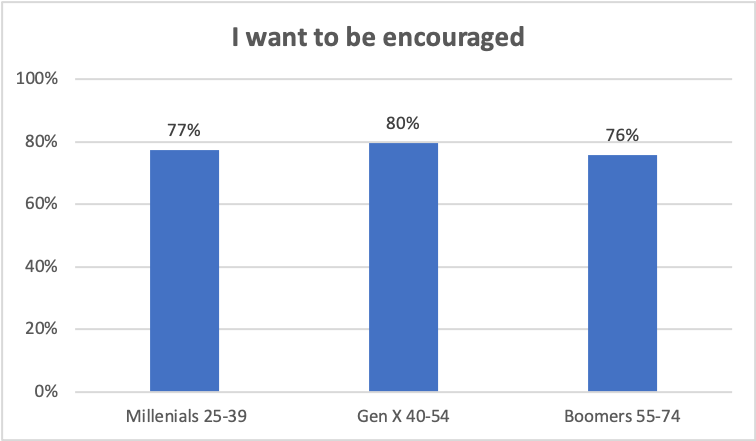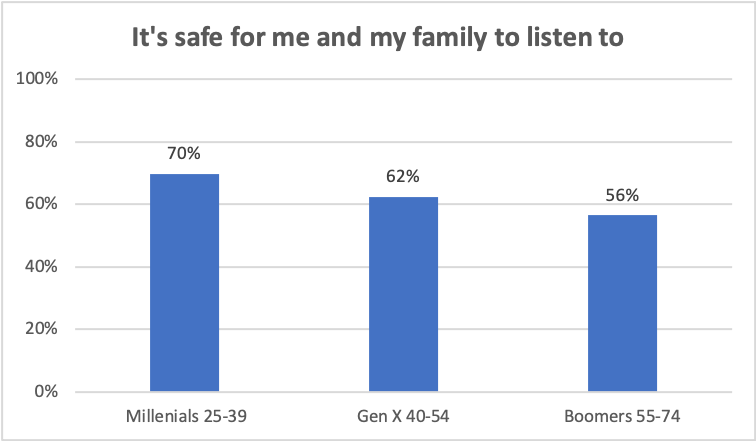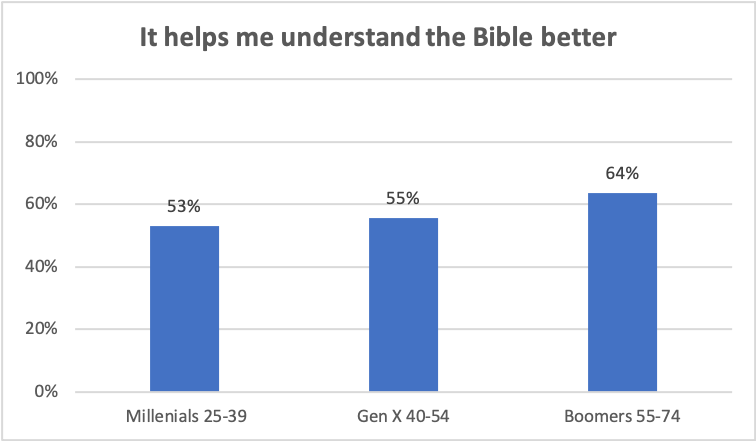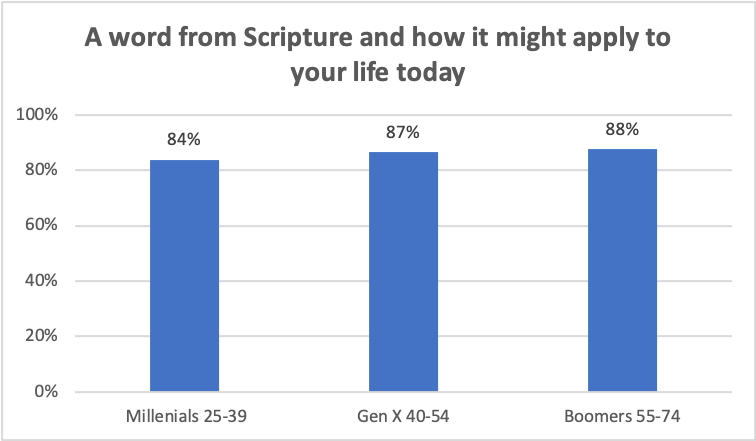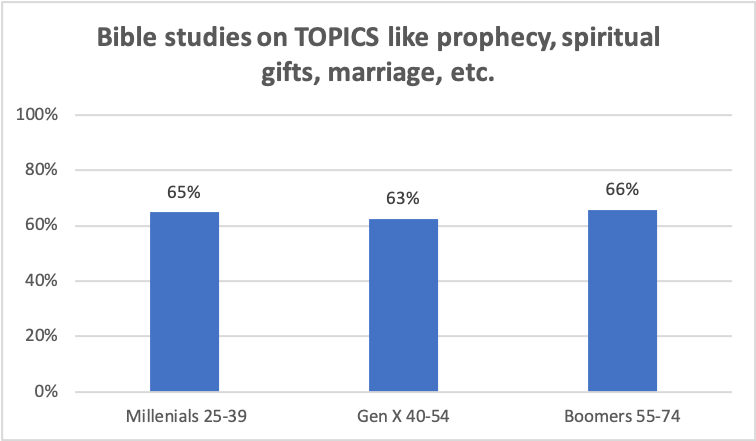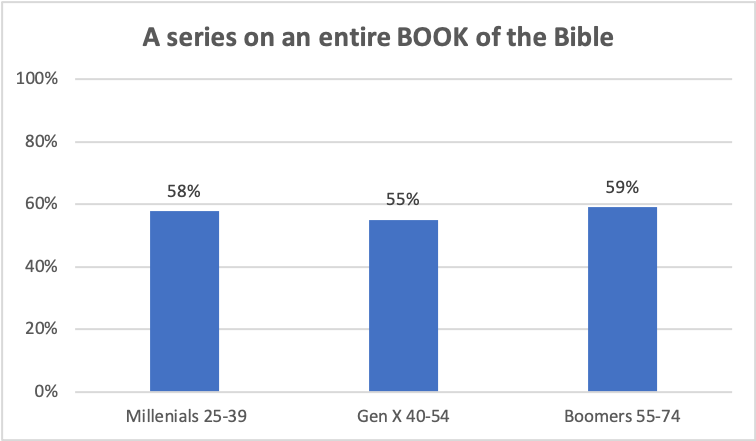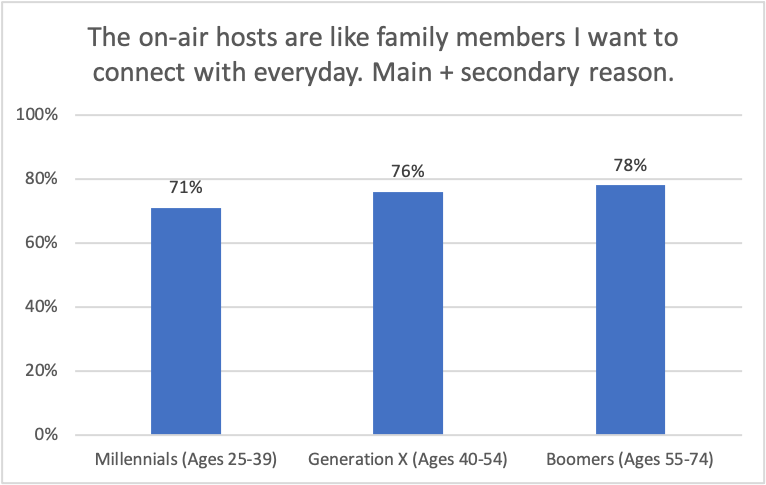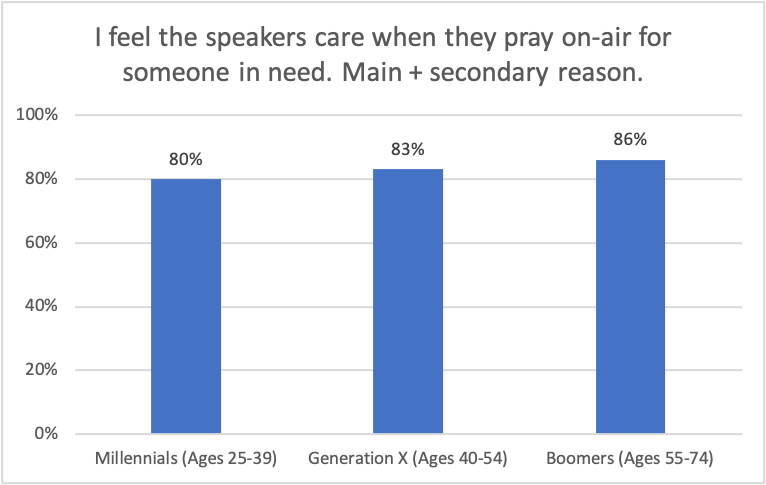Here’s some amazing Christmas audio as an idea starter for a heart-connective Christmas at your station!
Beth Bacall does an amazing job on afternoons at Fish/Atlanta, helping them to grow their listenership to levels beyond expectations.
Take a listen to one of the best breaks we’ve ever heard in Christian radio:
What makes this break one of the best? Here are a few thoughts:
-
- Spiritual Encouragement. Listeners want it. This break brings it! Both spiritual and encouraging!
- Pre-recorded. Yet sounds live. There is no way this break could have happened, with this level of emotional impact, done live.
- Quick in, quick out. Your listener isn’t going to give you a ton of time – you must “set the hook” quickly if you want them to stay and hear. :04 with the child at the beginning. :04 with Mike Blakemore at the end.
- Listener involvement. It’s not just The Fish doing this. They involved listeners . . . and vicariously all listeners in this!
- Beth is feeling with her listener. Including . . . she shares a little piece of herself (at about 2:15) . . . without it becoming what the break is about. This is genius! Connects Beth with her caller – and the listener – in a very special way.
- Christmas Hope and Joy. Our listener is coming to us for this . . . often we’re the only place on the radio she can hear it!
- What she, and the team at the Fish, managed to include in less than three minutes is spectacular. Listen to how seamlessly – with the phone SFX – they communicate each new caller coming in.
- Music Bed. Energy, positivity, without being overwhelming.
- Listen to how Beth brings God and prayer in at 2:11.
- Story Twist: You don’t know how she’s going to include the person for whom the wish is being granted . . . and when it happens (at about 1:35), it’s a WOW! Story twist . . . in the right place, well-edited. Yet doesn’t sound edited.
Taken together, one of the most amazing breaks! Beth, well done!

